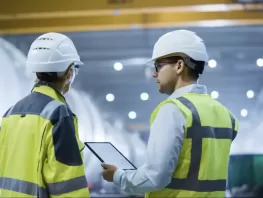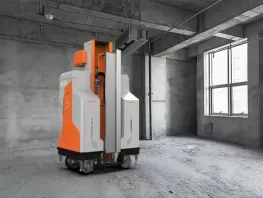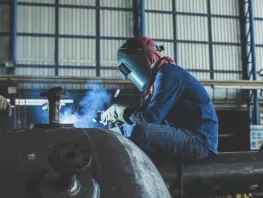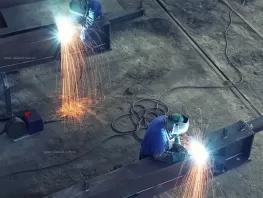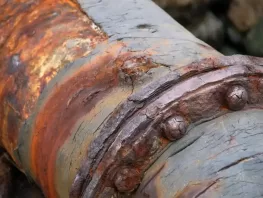
The Most Frequently Asked Questions About Balcony Waterproofing
Posted Feb 03, 2022 by Dave Scaturro

After a harsh winter with heavy snow or a rainy spring season, your balcony may be in need of a proper inspection and possibly restoration. Cracks, breakages, and missing or damaged joints produce water infiltration points that can turn your balcony into a severe safety hazard.
Concrete balconies contain internal steel reinforcing bars that provide strength to the structure. Proper waterproofing avoids precipitation from accumulating and undergoing a freeze- and-thaw cycle that inevitably leads to cracking of the balcony concrete. Severe concrete cracking will in turn subject the reinforcing steel to rust, resulting in a loss of structural integrity. Wood-framed balconies also benefit from waterproofing as water infiltration can cause dry rot and significantly weaken the frame.
In both situations, the resulting structural integrity issues create safety risks that may not be visible to the naked eye. As an experienced waterproofing contractor, Alpine Painting can inspect your balcony for any such damage. A proper inspection will also determine what type of balcony waterproofing system is needed for the job.
Here are some of the most common questions we receive from our customers related to balcony waterproofing:
How do I stop moisture from affecting my balcony?
Balcony waterproofing plays a vital role in structural safety and longevity and should be your first line of defense. Waterproofing's main role is to protect the balcony from deterioration caused by water infiltration. As an external part of a building, the balcony takes the brunt of extreme temperature swings, wind, and rain. To prevent water intrusion, it is imperative that concrete and wood balconies are properly waterproofed.
Do all balconies require waterproofing?
We recommend any structure subject to the elements be waterproofed as a preventative measure. Our expert team can assess your structure and determine a course of action to keep your balcony safe and attractive.
How do I know what type of waterproofing my balcony needs?
Alpine’s expert team can quickly identify problem areas and offer a course of action, including the type of waterproofing sealant and the application process, to defend your building against moisture hazards.
We do a proper evaluation of your balcony before applying any type of waterproofing sealant to the surface regardless of whether it’s new construction or a pre-existing situation. As certified waterproofing contractors, we can determine the amount of damage to your balcony and pinpoint the weakest points where the water leaks are causing significant damage.
What types of waterproofing options do you offer?
We offer both silicone and water-based sealant options and will determine which is a best fit for your building following your inspection. Silicone-based sealers last longer and require fewer applications over time, though are generally more expensive up front. Water-based sealers offer an easier application but more frequent reapplication.
How do you waterproof a balcony?
As your waterproofing contractor, our team will inspect and pinpoint problem areas in your balcony and offer a waterproofing solution that withstands all climates.
Our commercial painters provide elastomeric, waterproof coatings and sealant application to ensure water stays out of your building and we can power wash your facade to remove stains and the growth of mold or mildew.
How long will waterproofing last?
Waterproofing should last a minimum of 10 years, though it depends on the structure and waterproofing process.
Why should I hire a professional to waterproof my balcony?
Hiring a licensed contractor for your waterproofing needs will ensure your project is completed to a high standard, on time and is done right the first time. Alpine Painting is a trusted, licensed contractor for balcony waterproofing. Our onsite procedures ensure the highest safety, surface preparation, application, cleanliness, and employee behaviors on your job site.
